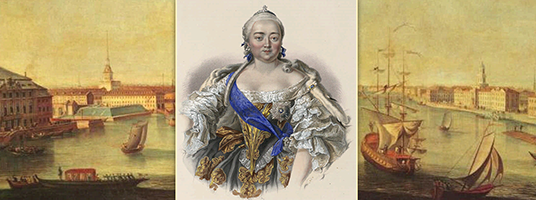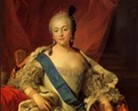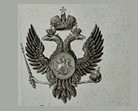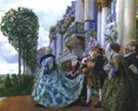Empress Elizabeth Petrovna
Empress Elizabeth Petrovna
December 18 (29), 1709 in the village of Kolomenskoye, near Moscow, was born the last representative of the Russian branch of the Romanov family, the daughter of Peter I and Catherine I, Elizabeth. Born out of wedlock and being the youngest child in the family, she had almost no chance to take the Russian throne. However, the absence of direct male heirs, political intrigues of internal and external forces, the struggle for the throne between the representatives of the Romanov dynasty, which resulted in a series of palace coups, eventually enabled her to get the crown of her father. The collection of documents features Elizabeth and her age, which continued in Russia for more than 20 years.










